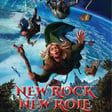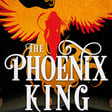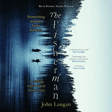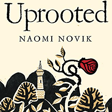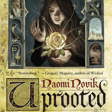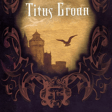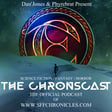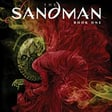
Inish Carraig with Naomi Foyle
This month we're joined by the award-winning British-Canadian author, poet and essayist Naomi Foyle, to talk about Inish Carraig, the alien-invasion-cum-prison break thriller by our very own @Jo Zebedee.
Among the topics we cover is the quintessential "Norn Irishness" of the book, conveyed without ever lapsing into cliché, but yet acknowledging the unique history and culture of the place in a subtle and different manner. We also talk about the physiology of alien species, robots, the gothic setting, and the different identities and representations the book plays with.
Elsewhere we also discuss the possibilities and processes that enable writers to access Arts Council funding (England only) to further their writing careers. Specifically we talk about adapting one's own work for other media; Naomi recently adapted her own Gaia Chronicles quartet of SF novels into a multimedia stage show, Astra, featuring cutting-edge puppetry, acting, music, and technical effects, and she discusses the mammoth effort this has entailed.
@The Judge corners us with another fascinating talk, this time about privacy. Her Honour also relates her winning entry from the July 75-word challenge, The Eternal Scapegoat, and (we think) Sally Rooney is having trouble with the accuracy - and the characters - of her latest, er, science fiction epic.
Next Month
In September's episode we'll be talking to fantasy author Juliet E. McKenna about Hope Mirrlees's 1926 prototypical fantasy novel, Lud-In-The-Mist.
Index
[0:00:00 - 55:30] Naomi Foyle Interview Part 1
[55:30 - 56:42] Voicemail 1
[56:43 - 1:12:33] The Judge's Corner
[1:12:38 - 1:13:45] Voicemail 2
[1:13:45 - 1:14:53] Writing Challenge Winner
[1:14:54 - 1:15:35] Voicemail 3
[1:15:37 - 2:00:44] Naomi Foyle Interview Part 2
[2:00:45 - 2:02:49] Credits and Close



